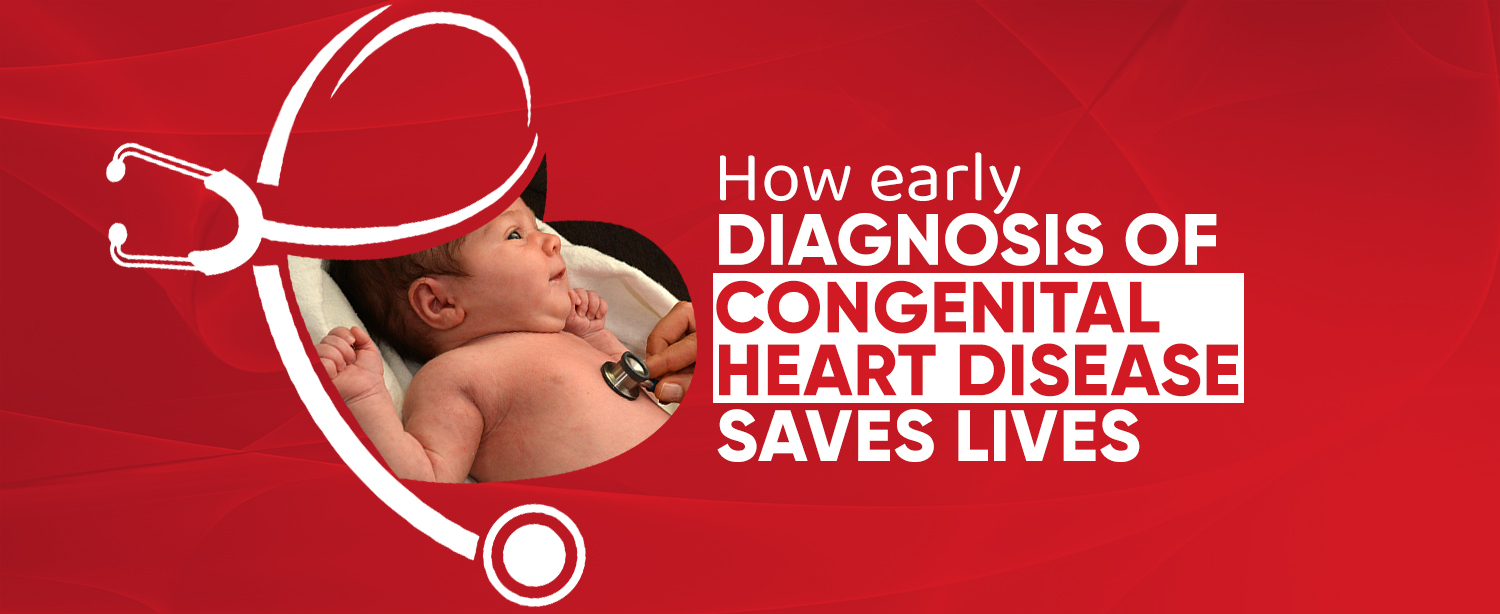Congenital Heart Disease (CHD) encompasses a variety of heart conditions present at birth and is the most common birth defect globally, affecting nearly 1 in every 100 births. Congenital heart disease represents not just a single condition but a range of complex heart anomalies that impair the organ’s structure and function. These defects can lead to severe health complications and, in many instances, can be life-threatening. Let us understand the profound impact of early diagnosis and the pivotal role of specialized heart care in transforming outcomes for children afflicted with this condition.
Table of Contents
The Prevalence and Severity of CHD
Every five minutes, 10 children are born with CHD worldwide, summing up to an astounding 1.3 million affected children each year. Despite its severity, many still harbor misconceptions about its prevalence and the critical nature of timely medical intervention. This condition remains the leading cause of infant mortality related to birth defects globally, primarily due to the lack of early diagnosis and access to adequate care.
The Critical Role of Early Diagnosis
The prognosis for children with CHD dramatically improves with early diagnosis. Detecting heart defects before they cause irreversible damage is key to implementing effective treatment strategies. In developed nations, advancements in prenatal screening and neonatal care allow for the identification and management of CHD shortly after birth, often before symptoms arise. Awareness and education about the symptoms and potential risks of CHD can empower parents to seek prompt medical advice, which is crucial for early intervention.
Symptoms and Signs of CHD
Symptoms of congenital heart disease in infants and children can vary but commonly include rapid breathing, a blue tinge to the skin, especially lips and nails (cyanosis), fatigue during feeding, and poor weight gain. Older children might experience shortness of breath during activity, dizziness, and episodes of fainting. Recognizing these signs can prompt earlier healthcare consultations, leading to timely and life-saving treatments.
Read More: Coping Strategies for Parents and Caregivers of Children with Congenital Heart Disease
Treatment Options and Outcomes
For many children with CHD, surgical intervention remains a necessity. Modern surgical techniques and interventional procedures can correct or significantly improve most heart defects, thereby restoring normal heart function. The type of treatment is determined based on the severity and nature of the defect. Mild conditions like small septal defects may resolve on their own or require minimal intervention, whereas more severe forms like underdeveloped heart structures or valve disorders necessitate complex surgical corrections. Continued care from pediatric cardiologists and specialized heart centers remains integral to managing the condition over a lifetime.
Congenital Heart Treatment at Kokilaben Dhirubhai Ambani Hospital
At the Children’s Heart Centre, we are committed to pioneering advancements in pediatric and congenital heart care. Our facility offers the best paediatric heart care in India where cutting-edge technology meets compassionate care. With state-of-the-art Heart Lung Machines, ECMO for critical care, and precise 3D Echo diagnostics, our dedicated team works tirelessly to ensure the best outcomes for our patients.
Supported by our expertly trained staff including Pediatric Perfusionists, Nurses, Social Workers, and Counsellors, our highly experienced cardiologists offer a comprehensive approach to treating all forms of heart ailments in children and complex congenital heart defects in adults. Our doctors, available around the clock, are renowned specialists who provide close monitoring and exceptional care. Our Children’s Heart Centre, one of the best in Western India offers comprehensive care and hope to families navigating the challenges of CHD. Please find below our website for more details: https://www.kokilabenhospital.com/departments/centresofexcellence/childrensheart_hospital_in_mumbai/congenitalheartdisease.html


